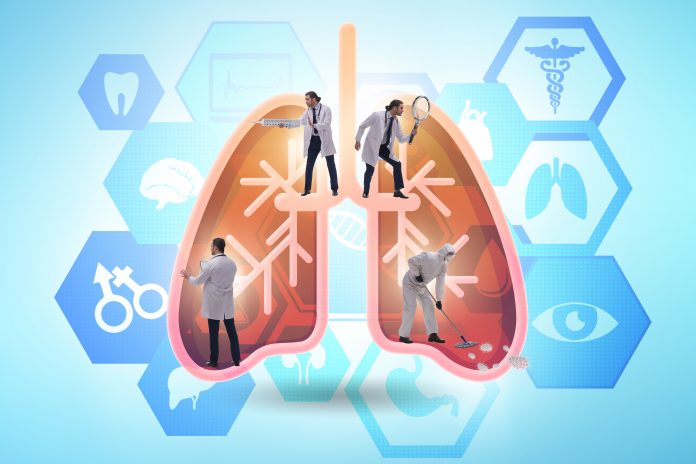New data from the Australian Bureau of Statistics (ABS) show that once again asthma-related deaths are increasing in Australia, especially for women.

Figures commissioned by the National Asthma Council Australia show that there were 421 asthma-related deaths recorded in Australia in 2019, made up of 272 females and 149 males, a jump from 395 in 2018 (254 females and 141 males).
The report shows there were 18 more asthma-related deaths for females in 2019, with eight of these in women aged under 54 years.
This trend of increasing asthma fatalities for women under 54 years was reflected also in almost every state of Australia.
Respiratory Physician and National Asthma Council Australia spokesperson, Dr Jonathan Burdon, says that women are still at a higher risk than men of dying from asthma in Australia.
“It is concerning that the number of women dying from asthma in Australia is going up rather than going down.
“Women aged under 54 years are also usually in the prime of their working life and when it comes to their health, we know that many women often put the needs of others before themselves.
“This can impact on them making time to visit their healthcare professional, take their medication regularly or make the lifestyle changes necessary to better manage their asthma,” he says.
The ABS data also revealed that asthma-related deaths were also back on the rise for all Australians aged over 75 years.
In 2019 there were 264 deaths of Australians aged over 75 years, which was almost two thirds of all asthma-related deaths (264 of 421).
“This can be due to several factors however we also know that too often, this age group tend to accept reduced lung capacity from their asthma just as a part of getting older.
“People in this age group also tend to have concerns about medication side effects and might find it difficult to use their inhaler properly, or even have a physical disability that means they find it hard to walk across the room to access their medication in time.
“Men in particular in this age group are also less likely to visit their doctors and often struggle to follow their asthma treatment plan.
“Australia has one of the highest prevalence rates of asthma in the world with 2.7 million Australians (1 in 10) affected by asthma and it is crucial that patients are aware of the risks and included in making decisions on their asthma treatment plan to get their commitment to stick to it,” says Dr Burdon.
He adds that new evidence had also emerged on the dangers of “occupational asthma”, which is still under-recognised and under-reported in Australia, but can lead to rapid, irreversible deterioration in lung function.
“Healthcare professionals need to consider the possibility of work-related asthma in all working-age patients with asthma, particularly if asthma develops during adult life or has been difficult to control,” says Dr Burdon.
Additional Health Professional resources now available
The National Asthma Council Australia has also launched an updated Asthma and COPD Medications Chart for health professionals that is a guide to the latest types of asthma and COPD medications available in Australia.
Download and print the PDF of the Asthma & COPD Medications chart here: nationalasthma.org.au/living-with-asthma/resources/health-professionals/charts/asthma-copd-medications-chart
The National Asthma Council Australia has also launched an update of the Monoclonal antibody therapy for severe asthma that includes newly updated PBS information and the addition of one new therapy: nationalasthma.org.au/living-with-asthma/resources/health-professionals/information-paper/monoclonal-antibody-therapy-for-severe-asthma
Link to National Asthma Council Australia work-related asthma summary paper: nationalasthma.org.au/living-with-asthma/resources/health-professionals/information-paper/hp-work-related-asthma








